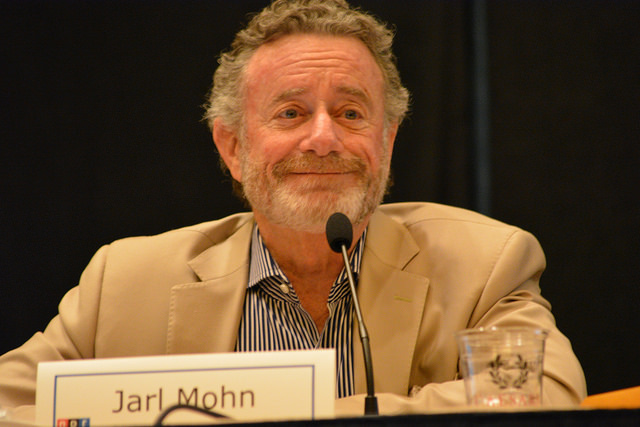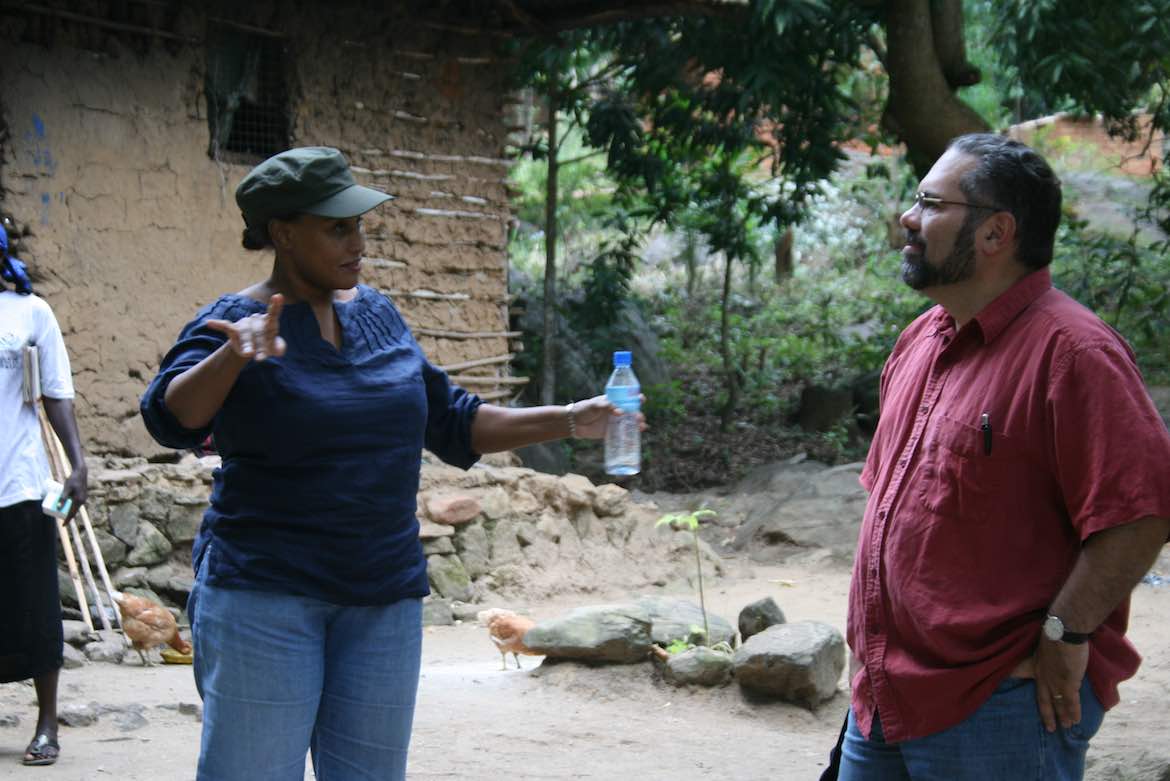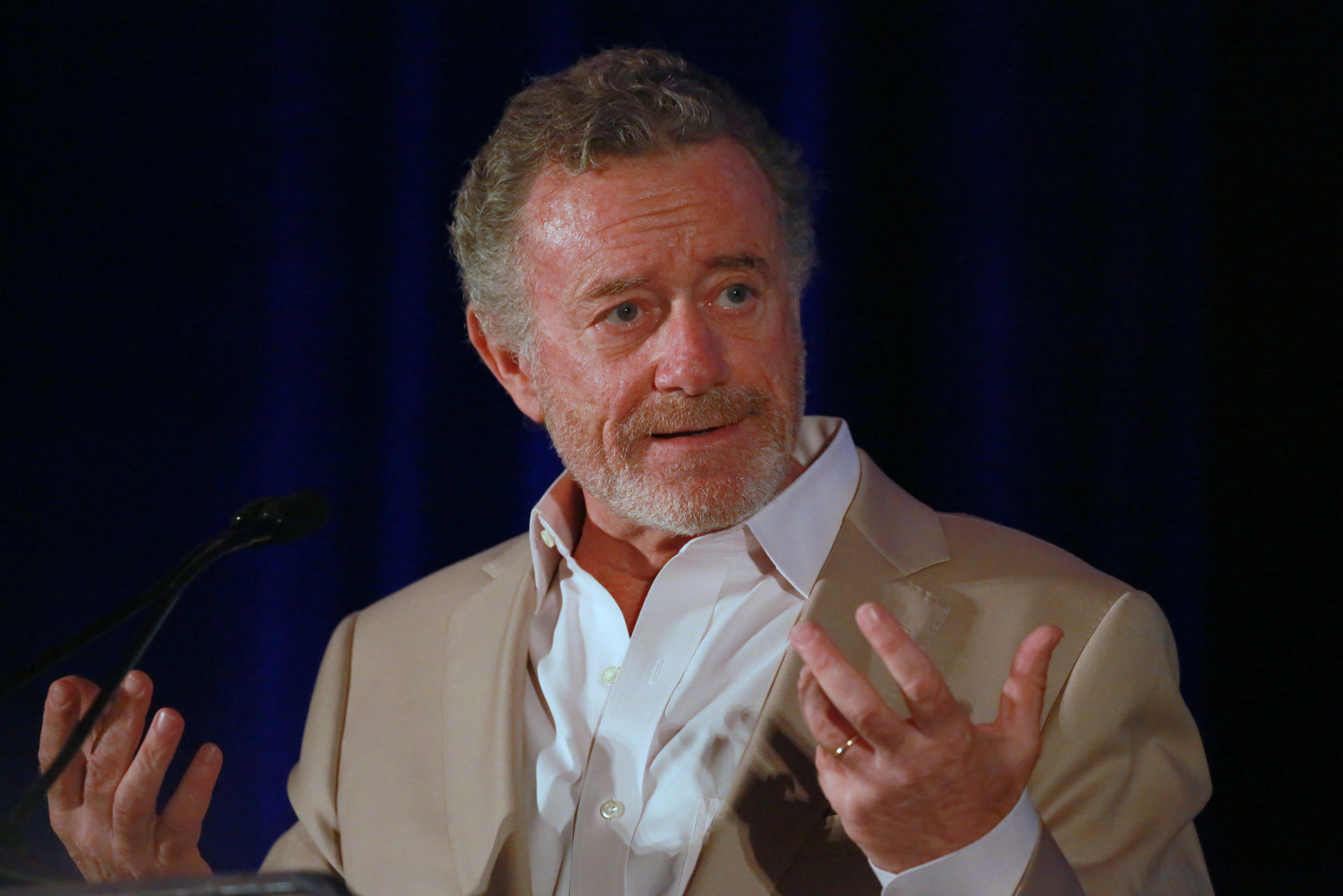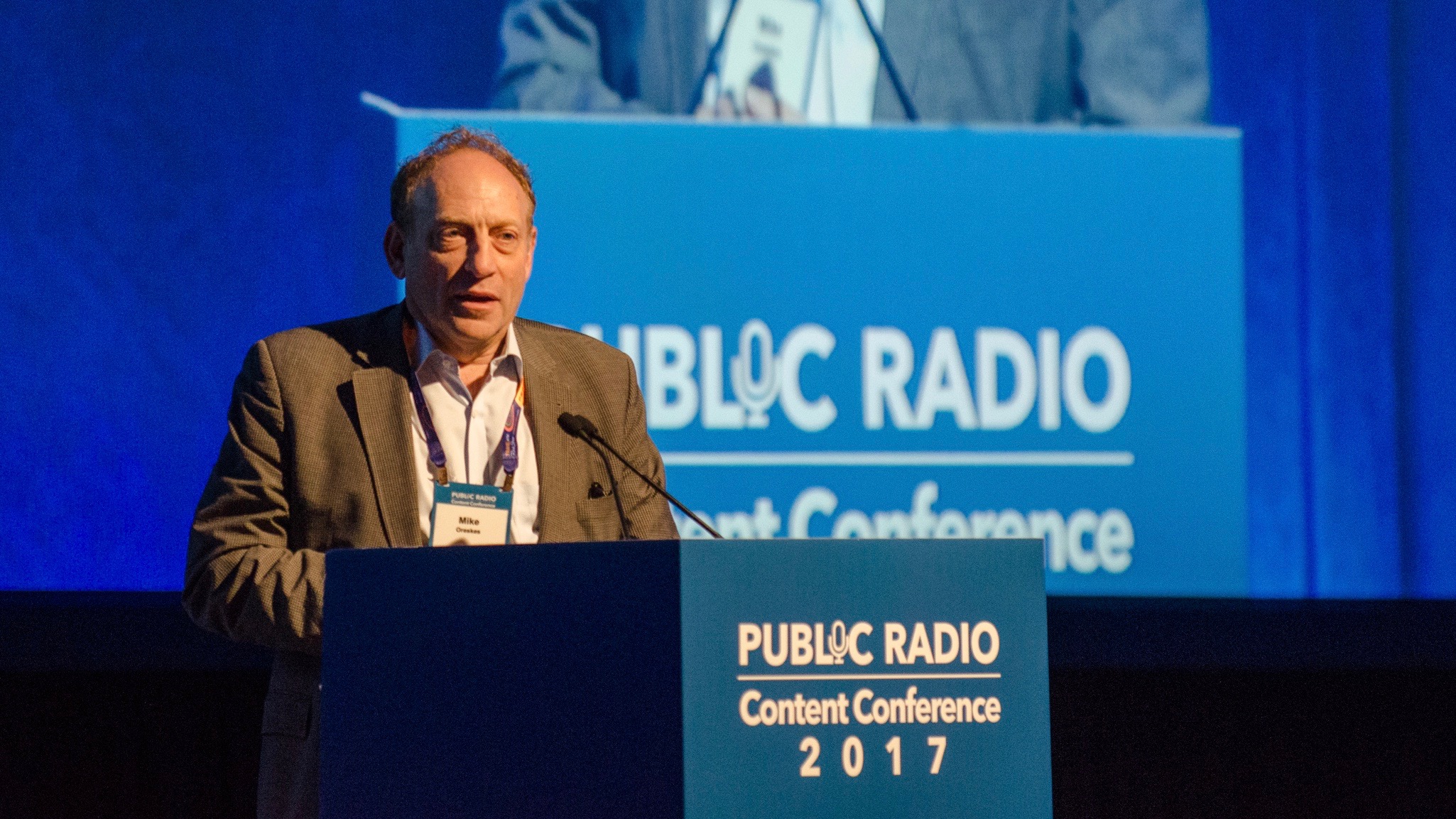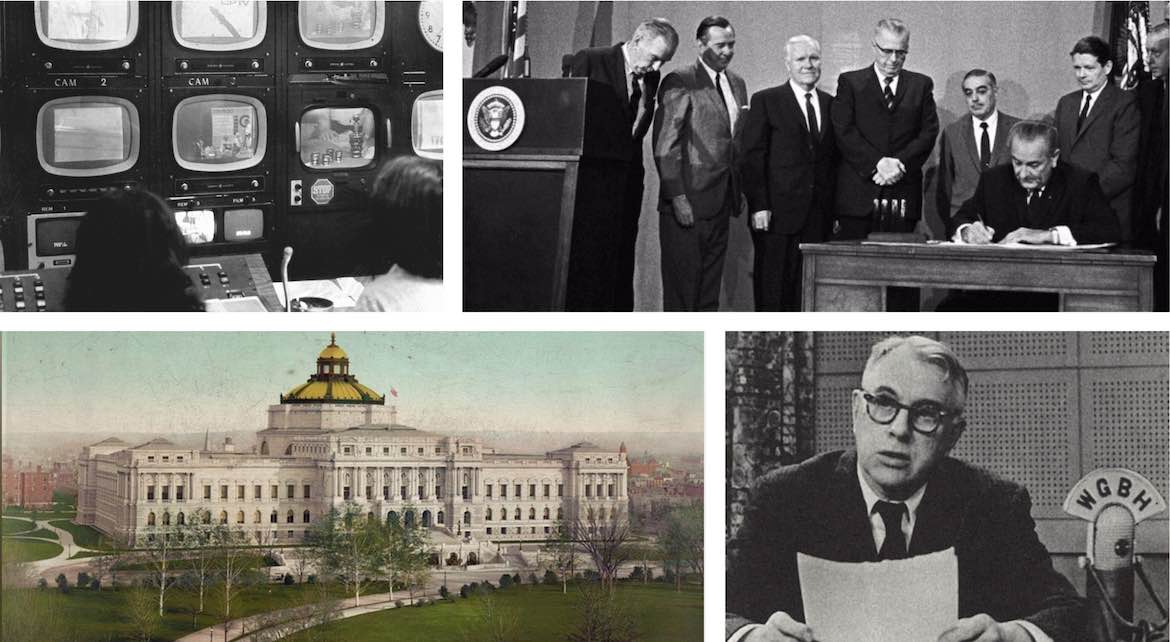System/Policy
NPR CEO on leave over health concerns
Jarl Mohn also disclosed new incidents of misconduct from NPR's former news chief.WUSF donates license to WEDU to keep programs on air in Tampa
The agreement will keep the “zombie license” alive.NPR-themed wines: Not challenging, but perfectly ‘drinkable’
Our panel of public media wine nerds gives "All Grapes Considered" and two other wines a try.The pubmedia difference: addressing audiences as citizens
"Our very DNA — its code written in the words of the Public Broadcasting Act of 1967 — confirmed we were different."Library of Congress event gathers trailblazers to review pubcasting’s achievements
“Public television is still vital to our lives,” Dick Cavett said. “It sounds corny, but I believe it.”NPR union members to meet regarding sexual harassment
Meanwhile, CEO Jarl Mohn has told employees he is aiming for a "culture shift" at the network.NPR CEO to staff: ‘I let you down’
Jarl Mohn said NPR is hiring an outside law firm to investigate the network's handling of sexual harassment allegations against former news ...Pubmedia must open gates to makers who push boundaries
"The work of introducing new ideas often feels like a test that will be judged by a trusted few."Take a video peek inside public broadcasting’s attic
Look through the University of Maryland's public media archives with Current.NPR’s Oreskes resigns following sexual harassment claims
CEO Jarl Mohn said he asked NPR's newsroom leader for his resignation because of his "inappropriate behavior.”Event at Library of Congress to honor half-century of pubcasting
Participants include former PBS host Dick Cavett and Sen. Ed Markey.NPR’s Oreskes on leave following sexual harassment accusations
The Washington Post reported that NPR is investigating complaints by two women who allege Oreskes made inappropriate contact with them in the ...After historic efforts to weaken pubmedia, ‘just be amazed that anything gets done’
The decentralized, financially dependent structure of public broadcasting is "a feature, not a bug."Ken Stern: Don’t deny an obvious truth about the media
In a response to criticism from a public radio reporter, Stern contends that the media still need a broader diversity of political ...NYT CEO: Digital media alone won’t address public’s need for quality news
A former chief executive of the BBC argues that public-service broadcasting will only become more important as media continue to expand on ...


